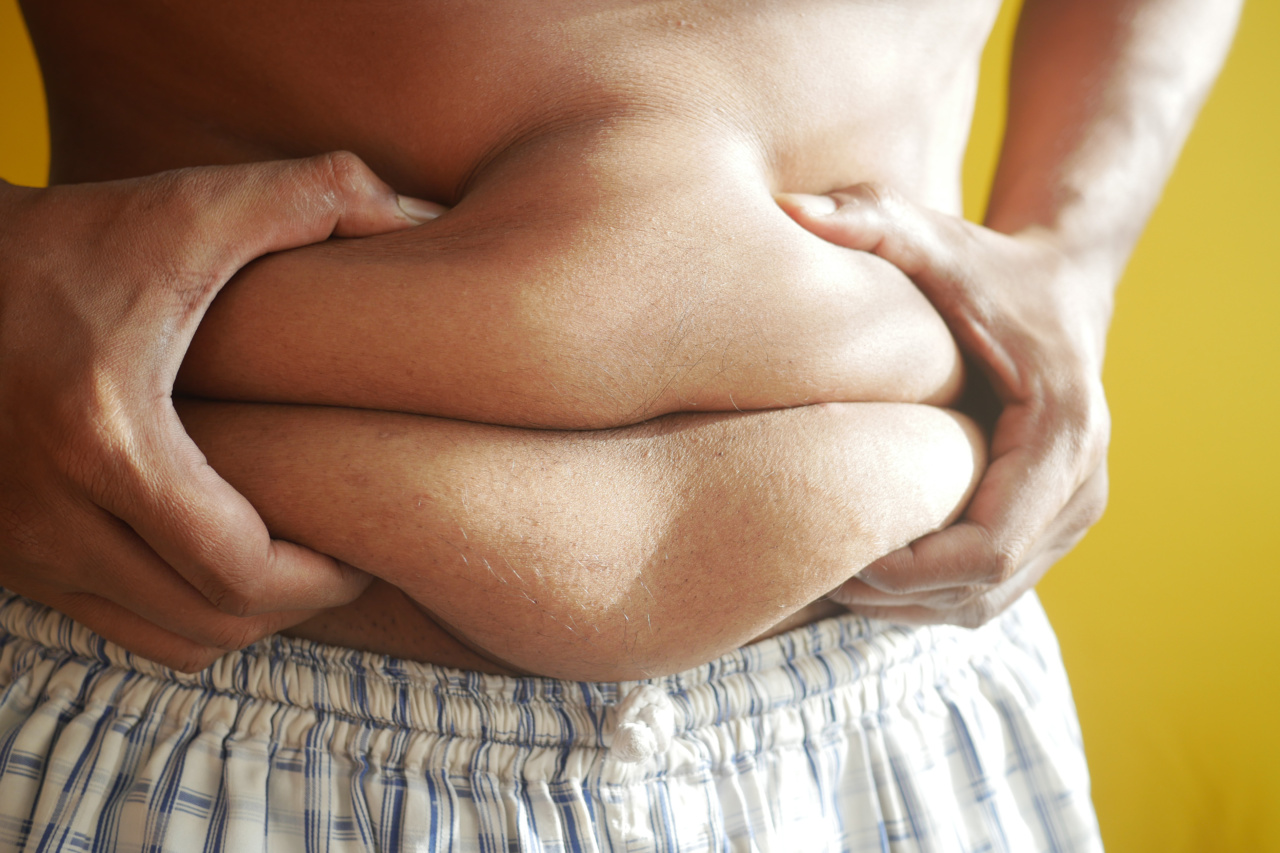In today’s society, the issue of weight gain and obesity has become increasingly prevalent. Many individuals struggle with their body image and self-esteem due to the extra pounds they carry.
In this article, we will explore the factors that contribute to becoming overweight and the impact it has on one’s self-esteem.
Unhealthy Eating Habits: Feeding into Weight Gain
One of the leading causes of weight gain is the adoption of unhealthy eating habits. With easy access to processed and fast foods, many individuals fall into the trap of consuming high-calorie, low-nutrient meals.
These unhealthy choices not only contribute to weight gain but also lead to poor overall health.
From a young age, we are exposed to a variety of sugary snacks, fatty foods, and carbonated beverages that can quickly become addictive.
Thus, our taste buds become accustomed to these flavors, making it challenging to transition to healthier food options. The more we consume these unhealthy foods, the more likely we are to gain weight and experience a decrease in self-esteem.
Sedentary Lifestyle: The Decrease in Physical Activity
Another significant factor that contributes to weight gain is a sedentary lifestyle. Advancements in technology have made tasks more convenient, reducing the need for physical exertion.
Whether it be the abundance of desk jobs, long hours spent in front of screens, or the rise of video games, our society has become increasingly inactive.
Regular physical activity not only helps in weight management but also has numerous health benefits. Engaging in regular exercise can boost mood, increase energy levels, and improve overall well-being.
However, without physical activity, weight gain becomes inevitable, further impacting our self-esteem and body image.
Emotional Eating: Escaping Through Food
Emotional eating is another significant factor that contributes to weight gain and a decrease in self-esteem. When faced with difficult emotions or stressful situations, many individuals turn to food as a coping mechanism.
This is often referred to as “comfort eating.”.
Food provides temporary comfort that distracts from underlying emotional issues. Individuals may seek solace in high-calorie, unhealthy foods as a means of soothing themselves. However, the consequences are twofold – weight gain and guilt.
Over time, this pattern can lead to a cycle of emotional eating, weight gain, and a further decline in self-esteem.
Peer Pressure and Society’s Beauty Standards
Society’s beauty standards and peer pressure can also play a significant role in weight gain and low self-esteem.
Media portrayal of unrealistic body images, coupled with societal pressure to conform, can lead individuals to develop an unhealthy relationship with their bodies.
Constant comparison to these idealized standards can result in feelings of inadequacy and a distorted self-image. This, in turn, may trigger emotional eating or contribute to a negative body image.
The pressure to conform to these standards can be overwhelming and can take a toll on one’s mental and physical health.
Medical Conditions and Medications
While lifestyle choices play a significant role in weight gain, there are also underlying medical conditions and medications that can contribute to the problem.
Hormonal imbalances, such as an underactive thyroid, can slow down the metabolism and lead to weight gain. Certain medications, such as antidepressants or antipsychotics, may also have weight gain as a side effect.
For individuals battling these underlying factors, weight gain can be frustrating and challenging to manage.
The struggle to lose weight may have a severe impact on self-esteem, as individuals may feel helpless and blame themselves for their weight gain.
The Vicious Cycle: Weight Gain and Self-Esteem
Weight gain and self-esteem are intricately linked, creating a vicious cycle that can be challenging to break. As weight increases, self-esteem decreases, and vice versa.
This cycle can lead to a range of negative consequences, both physically and mentally.
Physically, weight gain can lead to various health conditions, including heart disease, diabetes, and joint problems. Mentally, it can contribute to depression, anxiety, and a decrease in overall well-being.
The negative impact on self-esteem can affect all areas of life, from relationships to career opportunities.
Breaking the Cycle: Improving Self-Esteem and Promoting Weight Loss
Breaking the cycle of weight gain and low self-esteem requires a multi-faceted approach. Here are some strategies to improve self-esteem and promote weight loss:.
- Healthy Eating: Adopting a balanced and nutritious diet can help fuel the body while promoting weight loss. Focus on whole foods, fruits, vegetables, lean proteins, and whole grains.
- Physical Activity: Incorporate regular exercise into your routine. Find activities you enjoy to make it sustainable and enjoyable.
- Seek Emotional Support: If emotional eating is a concern, consider seeking support from a therapist or counselor who can help address underlying emotional issues.
- Practice Self-Care: Engage in activities that boost your mood and self-esteem. This can include getting enough sleep, spending time with loved ones, pursuing hobbies, or practicing mindfulness.
- Celebrate Progress: Recognize and celebrate small milestones along your weight loss journey. Focus on how you feel rather than solely relying on a number on the scale.
Conclusion
Weight gain and low self-esteem often go hand in hand, creating a challenging cycle to break. However, by addressing the factors contributing to weight gain and prioritizing self-care, it is possible to improve both physical and mental well-being.
Remember, self-esteem should not be solely determined by weight or body size, but rather by a person’s overall character, achievements, and qualities.






























